

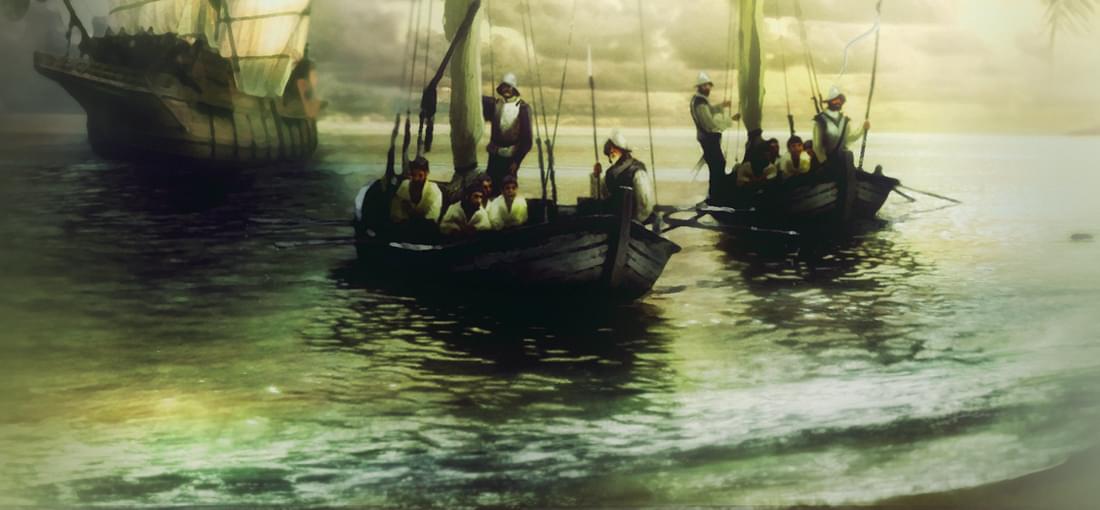
I like turn-based tactical games, especially ones that make good use of terrain. This game is great at this. Each combat encounter is hand-crafted. There are some varied and challenging setups. You can use a limited number of traps and tools during battle, which can significantly alter your strategy. I beat the last battle by starting multiple fires and burning most of my enemies to death, but in another battle I ended up getting burned. There were several battles where I started surrounded before realizing it was an opportunity in disguise. This is not a game where you build an invincible army and win on the grand strategic level. Even a fully leveled up and equiped party member can be knocked out by a couple enemies if you are not careful. Some skills at level up are boring or weak, but a few are overpowered. Other than traps and tactical tools, there is no gear or loot to speak of. You get the most out of the game by approaching each battle like a puzzle, with some care and thought. I am also a big fan of adventure games where a party of characters travel an unfamiliar world just to see what they can dig up. I especially like ones where the NPCs interact with each other, so I feel like a member of a group instead of a puppeteer. In this respect, Conquistador is also a commendable first effort. Your expedition members talk over each other, ask you for permission to do things that may not be in your best interest, even develop their own relationships. There is not a lot, but enough for me to feel like I was first among equals instead of a shepard tending his flock. The New World in Conquistador is also grounded in reality but has just enough fantasy fiction to be exciting without being unbelievable. My biggest complaint about exploration is the top down, restricted view. Being an exploration game, I get you shouldn't scroll all over the game map to see everything at once, but at times I felt suffocated. If you like this flavor of games, this game is a must buy.
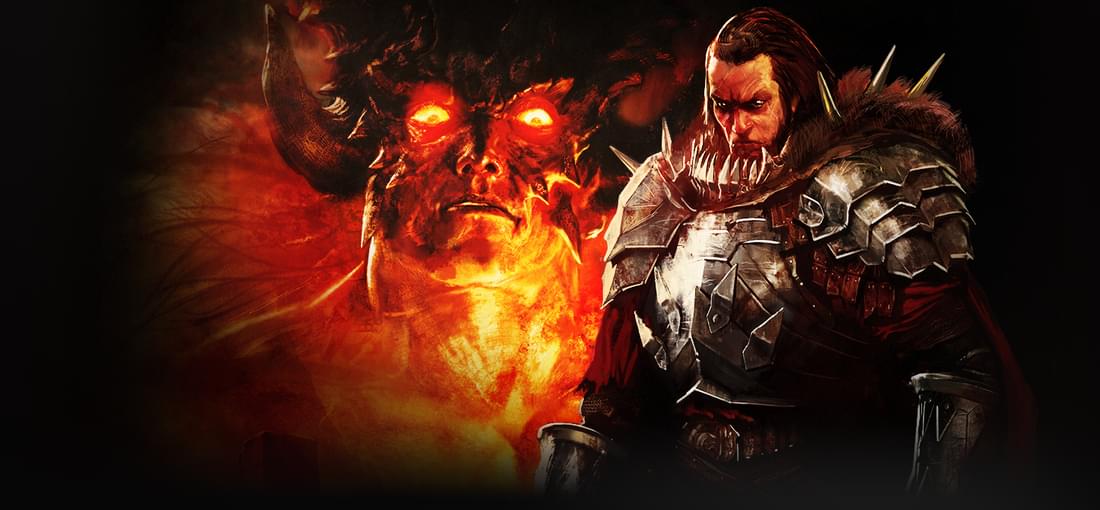
I recommend you play Mars War Logs before Bound by Flame, but definitely still play Flame, not because Mars is a good game or even Flame is a good game, but because GreedFall is a good game and Steelrising is a good game. You cannot fully appreciate Spiders' journey over the past 10 years without going back to the beginning. For those experienced with Mars, here are my reasons why Flame deserves 4 stars while Mars only 3: 1. The background story is more interesting and the game's plot is more cohesive. No transitioning from one act to another and suddently the world is upside down, and your MC is introduced to political struggles you didn't even know he had. 2. Your have more companions and they are more fleshed out from the game's beginning, instead of crammed in at the end of act 2 with no chance for you to care before the game ends. In fact, your companions can die before the end of the game. 3. Perhaps the most important, you can cheese your way through all the combat of the game. I use the term "cheese" fondly. By that I mean as a RPG player you don't have to "git gud" to progress in the game. You still can; there are ample opportunities. But by carefully managing your skills, your companion, and your crafting items, you can easily eliminate every enemy and boss in the game with the right strategy and, in some cases, a bit of patience. I just did on Buffalo difficulty. In fact, you can bypass every enemy in the game other than bosses, though your XP and progression will suffer. Gone are the incessant small arena-type locations in Mars, gated by doors and ledges that you cannot interact with in combat, so once combat starts your only choices are win or die. 4. Oh, and the music is fantasic. Haunting vocals. Try to find samples online. Without a doubt, there are better action RPG out there for the same cost in money and time. However, I played GreedFall before, and after Mars and Flame, Spiders is becoming one of my favorite action RPG devs, for their growth.
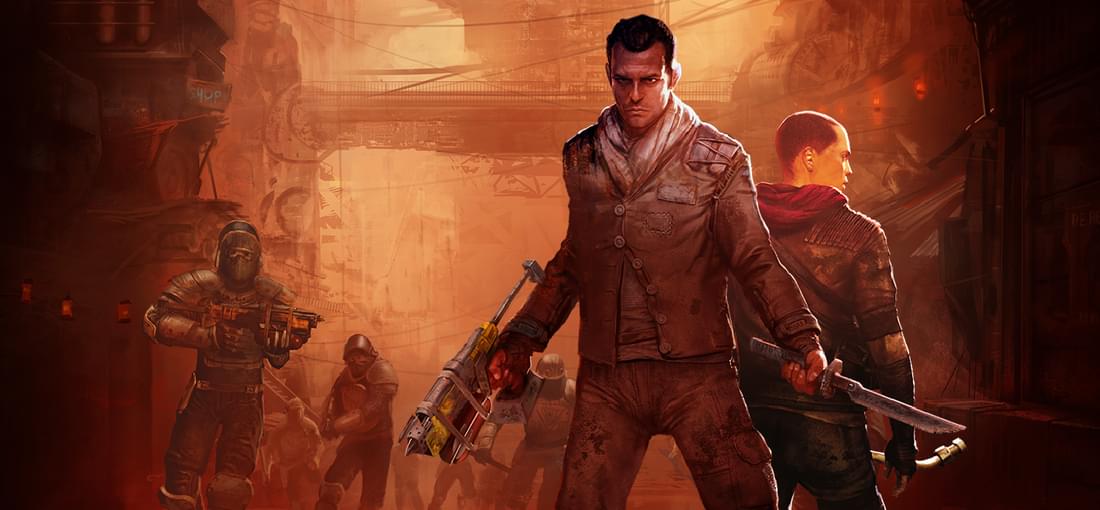
The problem with Mars: War Logs is that every part of it has been done better by another game. Spiders tried to build a character driven, somewhat reactive, slightly open-word RPG around a melee-focused third person action game. If you are looking for that specific experience, Mars works. The Witcher 1 and 2 work a better. There are numerous others, including the "sequel" to Mars. I recommend The Technomancer instead of Mars. It is a similar game but more polished. It is set in the same game world as Mars but is not a direct sequel. You can also find many high quality reviews for The Technomancer. If you must try Mars, here are some things to expect. The combat is similar to Piranha Bytes games but deeper and more reliable. It has a tactical menu where the game is nearly paused and you can use various items, including a gun and explosives, and several spells; this is a good feature. However, the actual melee combat lacks the polish of better third person action games. The biggest fault is probably the enemies. They block and dodge well enough and feel appropriately aggressive, but their challenge, even on Extreme difficulty, relies almost entirely on hp/damage scaling and sheer numbers. One on one, even the toughest enemies in the game, especially the ranged units, usually cannot connect a single attack even if you just run around randomly. You can use stealth mechanics to reduce the number of enemies before a fight, which is neat, but it can be finnicky and is not nearly as fleshed out as games with serious stealth mechanics. The characters have well characterized moments, but all except Mary are not memorable. Even the main character left me scratching my head at the end as to who he was. The story feels very disjointed, especially between chapters. Often shit just happens outside of the MC's experience, and he is dropped in the middle of it. At the end, the only satisfaction I got was being together with Mary. This diamond, if that, is too rough.
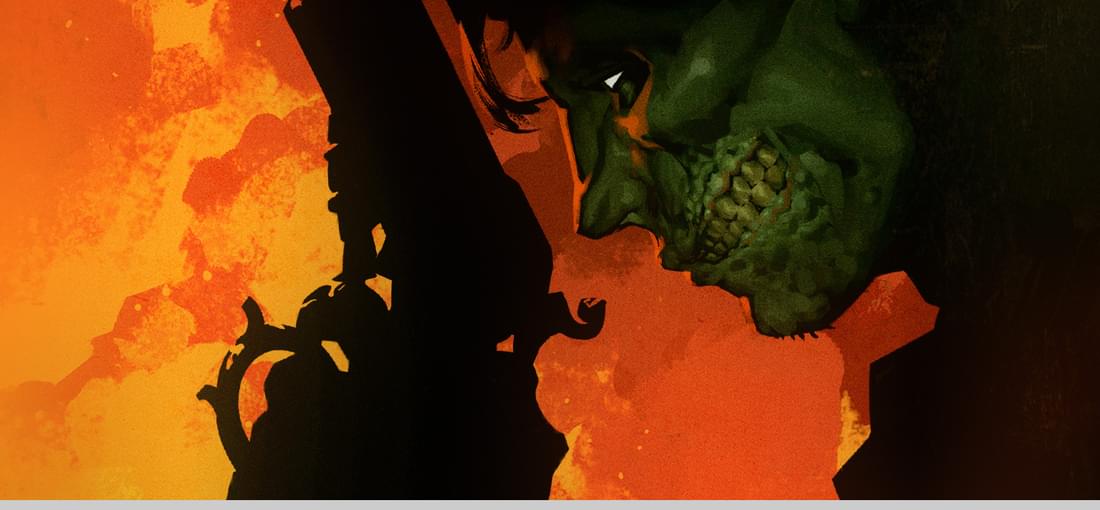
I highly recommend the Eurogamer video review. Before the last battle of the first scenario, I finally got the Equalization skill: set everyone to 1 hp. I needed it for an achievement, so I used it as the first action and went ahead with the battle. About half way through, having picked off a couple of enemies in the classic flank and shoot from cover to cover style, I was feeling confident. Then out of nowhere, 5 enemies converged on the house, peeking through windows and open doors. I was cornered, with everyone exposed and no way out. And I was playing on ironman mode. If even one of my critical characters took a hit, I would have to restart the whole scenario. As I was cycling through my characters, trying to plan a way out, I noticed that I also had the Barrage skill. As luck would have it, that character still had enough luck to use it, pun intended. Why not? One action point later, 4 of the 5 enemies laid dead in a gunkata shootout right out of the movie Equilibrium, or the game Alpha Protocol. A couple of turns later, I won, easily. This was Hard West at its best. The best way to enjoy this game is to find the cheesiest way to use the skills you have and watch your enemies fall like dominos. I used Equilizatio-Barrage again later, killing 6 enemies at one point. I used the Jinx... I will let you discover that. That mission is kind of scripted. The point is, this is not XCOM. If you aren't being crazy or cheesy or flamboyant, you are not having much fun. This applies to the scenarios as well. Each is really a mini campaign with its own theme. You can be a 49er or a crazy scientist or a mass murderer out for revenge. They are meant to be distinct but connected, not a cohesive whole. Before each scenario and each battle, ask yourself, "What kind of crazy shenanigans can I get into this time?" Downsides: The scenario mechanics, though distinctive, are kind of shallow. There are only so many fun skills, so the tactical battles get tiresome after a while.

This game has a pretty unique squad based combat, but it's not enough to carry the game. Namely, you control squads of up to 10 soldiers each (I haven't reached the point where I can have 16 yet), but each soldier takes up a hex. One consequence is only six melee soldiers can surround an enemy at a time. The other is a squad of ten peasants with 5 damage and 9 hp each is still viable against an ogre of 100 damage and 200 hp, The ogre can only hit one peasant per turn, obviously killing him, but the peasants can still do good damage and make up their losses by moving #7-10 into position around the ogre. A group of 10 vikings with 16 hp and 16 damage each will still kick the peasants' ass though. Individual members will try to spread out their damage. I have not seen this mechanic in turn-based tactics games before. On the other hand, there are shortcomings aplenty in the game. Even with fast travel points, there is a lot of slow running around in the game. The graphics are pretty dated, and there are no npcs in the game world with random, fun dialogue. The story is pretty barebones, and there is no voice acting in any language. Beyond the squad mechanic, there is limited depth to the tactics of combat. Units do not have special skills or unusual traits, though some can cast spells. Once you get used to that one unique feature, there is not much else. The price is generally low, but 1C (Fulqrum) has many other similarly low cost games with interesting gameplay and a lot more personality, and voice acting. You may like this game if you like this type of game, but it's hard to see any wider appeal. Oh, and if you find yourself getting game overs in the beginning, do the battle with Thgarr and Kira first. Thgarr dies no matter what you do.
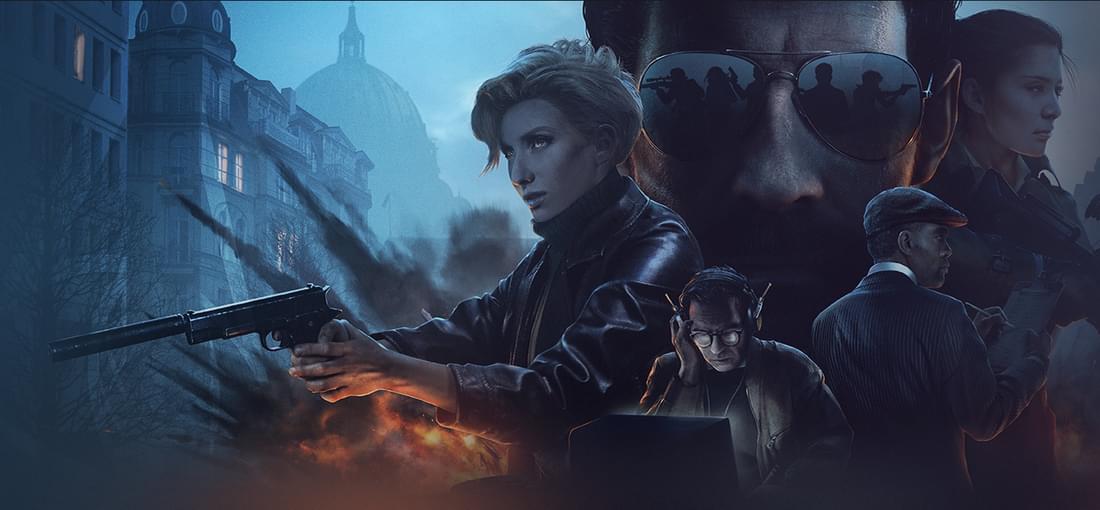
The core of Phantom Doctrine is turn-based, stealth-focused tactical battles. You have multiple skills and weapons, as well as interface features, to help you finish missions with minimal exposure to hostiles. Once you can go loud, there are other skills and many more weapons to help you with that. However, that's a last resort, as after several turns, increasing enemy reinforcements will eventually kill you if you don't pull out. Overlayed on top of the tactical battles is an agent management sim where you send your group of agents to different cities in the world to scout out enemy activity, protect informants, and frequently interrupt enemy activity at the strategic level, preventing a tactical battle altogether. Your agents gain experience both in tactical battles and strategic activities. When they level up, you can give them both permanent or changeable traits. The changeable ones can be retrained with time and some money. Both kinds give you different skills and proficiency with different weapons. In a interesting twist, an agent who speaks the language of the city where a tactical mission takes place can distract enemies in that mission, but agents who do not speak that language cannot. That is basically the game. There is very little personal connection to the characters since everyone except your character and your handler, maybe the main bad guy (I haven't gotten that far), are randomized. Although you know a conspiracy is happening, you don't get much plot-relevant information in most missions, which are randomized. The intelligence sorting mini-game, where you connect different pieces of intelligence with key words on a tackboard, are almost entirely devoid of meaningful information. So there is really no analyzing aspect of intelligence work, just the wetwork. If that is your thing, this game is great. It offers a lot of options with good production value. If you want more intrigue, especially more lore or analysis, you'll likely be disappointed.
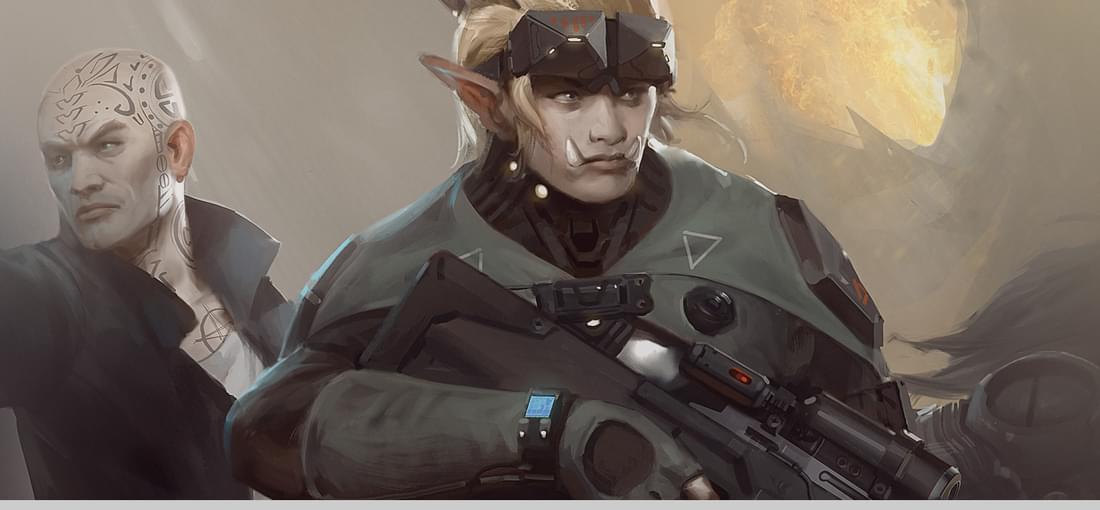
My biggest and probably only overall complaint about the game is that there seemed to be too much of it at places. The best part for me, and the part that certainly didn't feel bloated, are the characters. You get four bona fide companions who join your crew. They are very engaging. Narratively, their characterization and stories are both grounded enough to be relatable but unusual enough to be interesting. Mechanically, they cover all the main combat archtypes, so you can be pretty much any class you want and have a well rounded team. These companions are very engaging, but it's not just them. In the main hub location that you visit between missions, there are other secondary npcs with solid character development. The over effect is that the game world feels very much alive. The downside of that is the mercenaries that you could still hire feel completely unnecessary. There is actually one mercenary whom you could talk to in the hub location. She seems to be interesting too, but I never found the justification to hire her. Not sure if it would have made a difference. Another unintended consequence of the engaging characters is the plot points, whether it's the main plot or mission-specific plots, often feel banal. You have your unethical bioweapons, genocide, mad scientist who mistake madness for a higher calling, petty gang wars, and the obligatory post neo-nazi racists set in Germany. To be sure, they are varied and do reflect the banality of modern real-life conflicts, but I can't help but feel a video game can do better. I was still going to give Dragonfall 5 starts, until the last mission where there is a console with some game lore. You cannot read much of the lore unless you have 5/6 points in biotech. Other parts of the lore are gated to spellcasters or those with high intelligence. When I saw that, I was suddenly reminded how different parts of the game seem to want you to play again with different skills, but Dragonfall isn't that replayable.
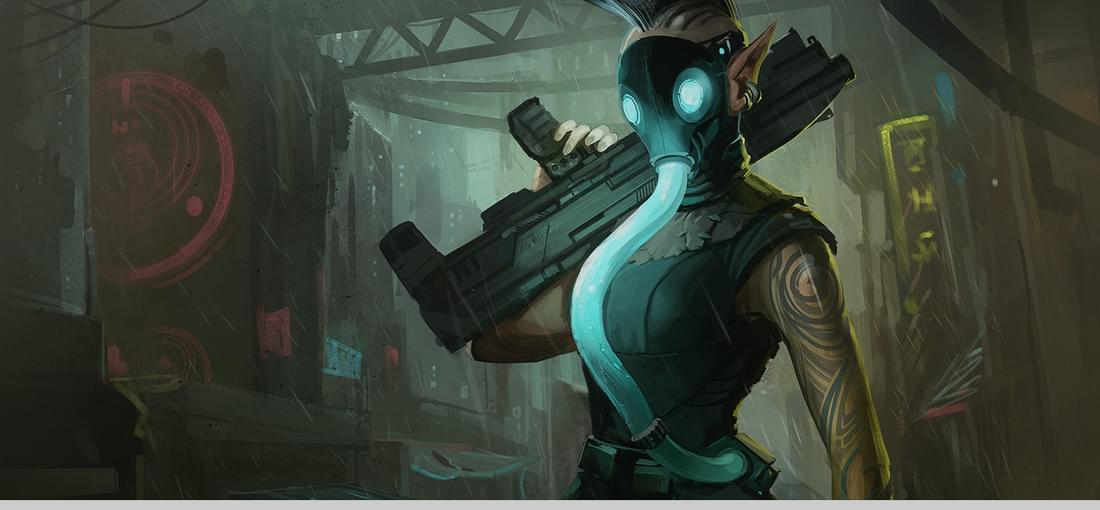
Shadowrun Returns is short. It is almost completely linear. It has a pretty simple skill system. There is one mission that is well designed with multiple approaches and a bit of good detective-type puzzles. A few missions give you some minor different approaches. Most just have you kill everything, or are entirely expository. After I finished, I felt... good. It didn't wear out its welcome. It was bug free. I found the story cliche but satisfying. Even the lack of voice-acting didn't bother me. It's like one of those movies that wouldn't even get nominated for the Golden Globe, but after you watch it, you think it wouldn't be so bad to buy the DVD. Do they still make DVDs? Anyway, if SR: Dragonfall and SR Hongkong are even better, then I say the trilogy is definitely worth your money and your time. I can't wait to play those. For now, SRR has given me a taste of what these games are like. From that one mission that was really good, I figured the game engine and the team has potential. Although the foundation is straightforward, they could build it into something complex and smart. I advice you to play this first. It is a low commitment way to get a feel for the Shadowrun trilogy universe. If you like the feel, you could dive in deeper with the next two games. If you don't, I am sure the hours you would have spent on the sequels would far outweight whatever you paid for the trilogy.
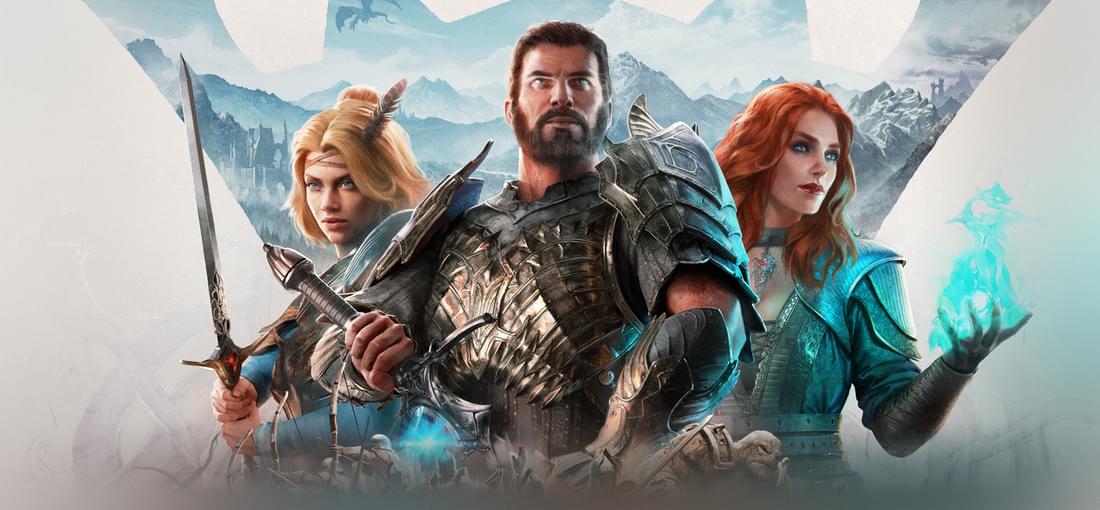
I really only came to review the bonus items. I wrote a review on the forums, which is mostly a wordy and not even as complete version of what Evaneself wrote below, and I already gave rated the game 5 stars there. I agree to an extend with idbeholdME's review a couple more posts down. The bonus units, expecially the Flaming Eagles and the Firehand Golems, punch above their weight in mid and late-game respectively. Together with the Armor Princess's Shield (all of which are pre-order DLC bonus items that I am not sure is even in the Duke's version, may just be in vanilla), these are pretty essential for achievement hunters who have to fight many battles under harsh handicaps I wouldn't know about the other bonus gear since I didn't use them. As for the art book and soundtrack. The soundtrack brings back fond memories of the game. The art book does not do the game justice. I love the art of KB2, and the 20 some pages art book is just underwhelming. I remember looking for the collector's edition on Ebay and almost decided not to buy because of how small the art book is. For shame! Anyway, 4 stars because you get this edition if you want to support the game but the art book is not 5 star material. Not sure if the pre-order bonuses are even in the Duke's edition or the base game.